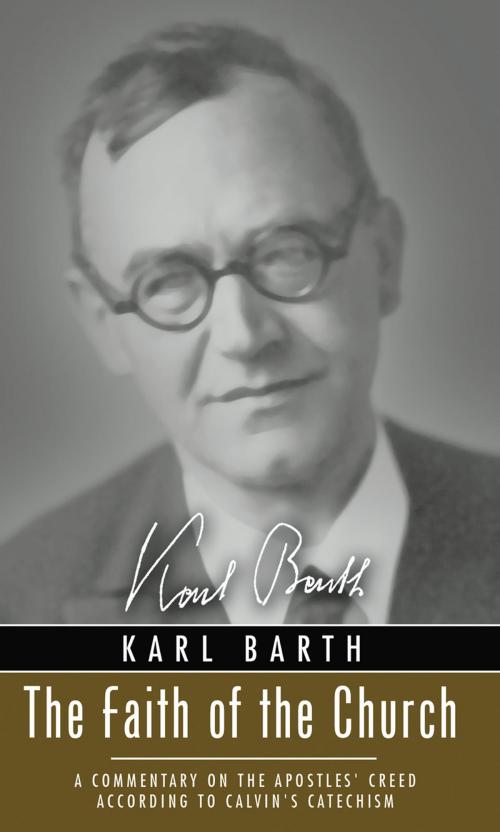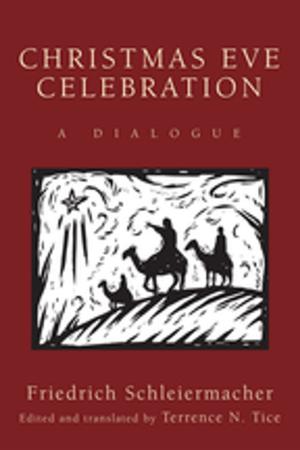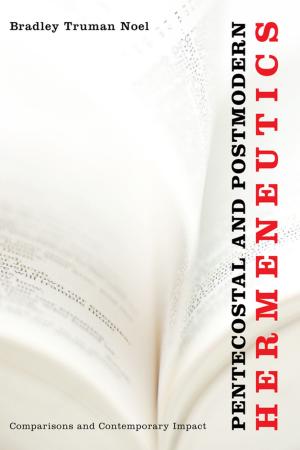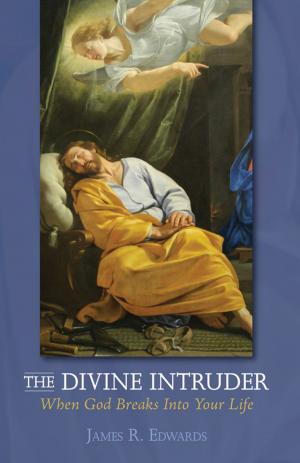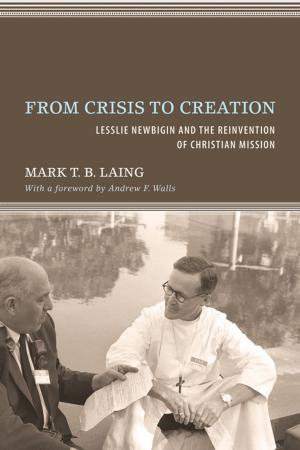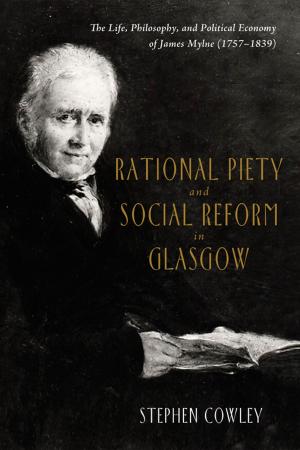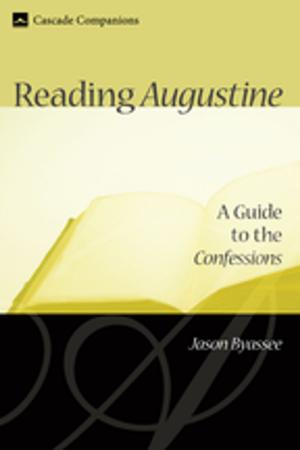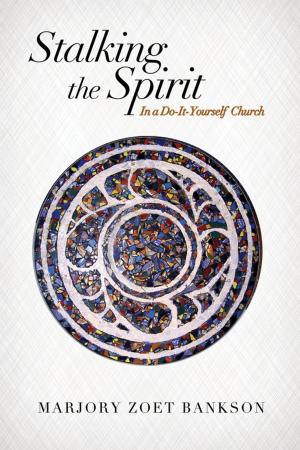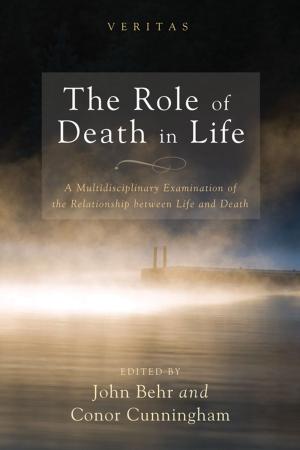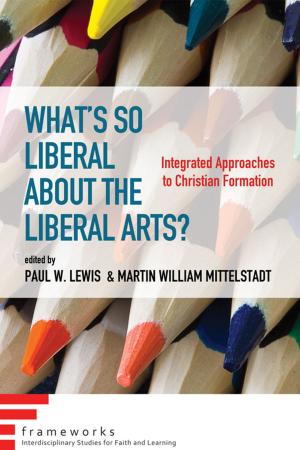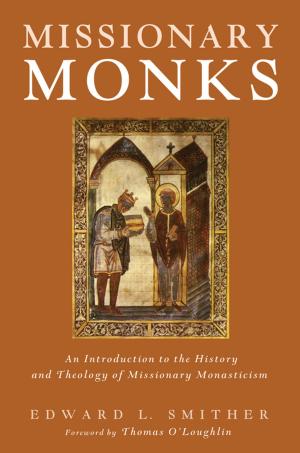The Faith of the Church
A Commentary on the Apostles' Creed According to Calvin's Catechism
Nonfiction, Religion & Spirituality| Author: | Karl Barth | ISBN: | 9781498270748 |
| Publisher: | Wipf and Stock Publishers | Publication: | July 1, 2006 |
| Imprint: | Wipf and Stock | Language: | English |
| Author: | Karl Barth |
| ISBN: | 9781498270748 |
| Publisher: | Wipf and Stock Publishers |
| Publication: | July 1, 2006 |
| Imprint: | Wipf and Stock |
| Language: | English |
The Apostles' Creed is the foundation of Christian faith. The interpretive version of the Apostles' Creed formulated by the Swiss reformer John Calvin in his Catechism has been the basis of Protestant theological education for centuries. In The Faith of the Church, Karl Barth, one of the powerful and enduring theologians of modern Protestantism, reinterprets the Apostles' Creed according to the Catechism of Calvin. The theology of Karl Barth has been one of the mobilizing influences of modern religious thought. Repudiating as he does every theological accent which permits man either self-sufficiency or independence from the action and grace of God, Barth takes seriously (as few contemporary Protestant theologians have taken seriously) the meaning of the Catechism-which is to direct man to the knowledge of God. His interpretations of the Catechism, organized according to the Questions of the Catechism, are unimpaired by technical language or jargon. They are direct, moving, and exceedingly penetrating. This is not a work to employ the attentions of those indifferent to the heart of Christian faith. It is a work calculated, however, to disturb and deepen the faith of those who imagine themselves already Christian.
The Apostles' Creed is the foundation of Christian faith. The interpretive version of the Apostles' Creed formulated by the Swiss reformer John Calvin in his Catechism has been the basis of Protestant theological education for centuries. In The Faith of the Church, Karl Barth, one of the powerful and enduring theologians of modern Protestantism, reinterprets the Apostles' Creed according to the Catechism of Calvin. The theology of Karl Barth has been one of the mobilizing influences of modern religious thought. Repudiating as he does every theological accent which permits man either self-sufficiency or independence from the action and grace of God, Barth takes seriously (as few contemporary Protestant theologians have taken seriously) the meaning of the Catechism-which is to direct man to the knowledge of God. His interpretations of the Catechism, organized according to the Questions of the Catechism, are unimpaired by technical language or jargon. They are direct, moving, and exceedingly penetrating. This is not a work to employ the attentions of those indifferent to the heart of Christian faith. It is a work calculated, however, to disturb and deepen the faith of those who imagine themselves already Christian.
